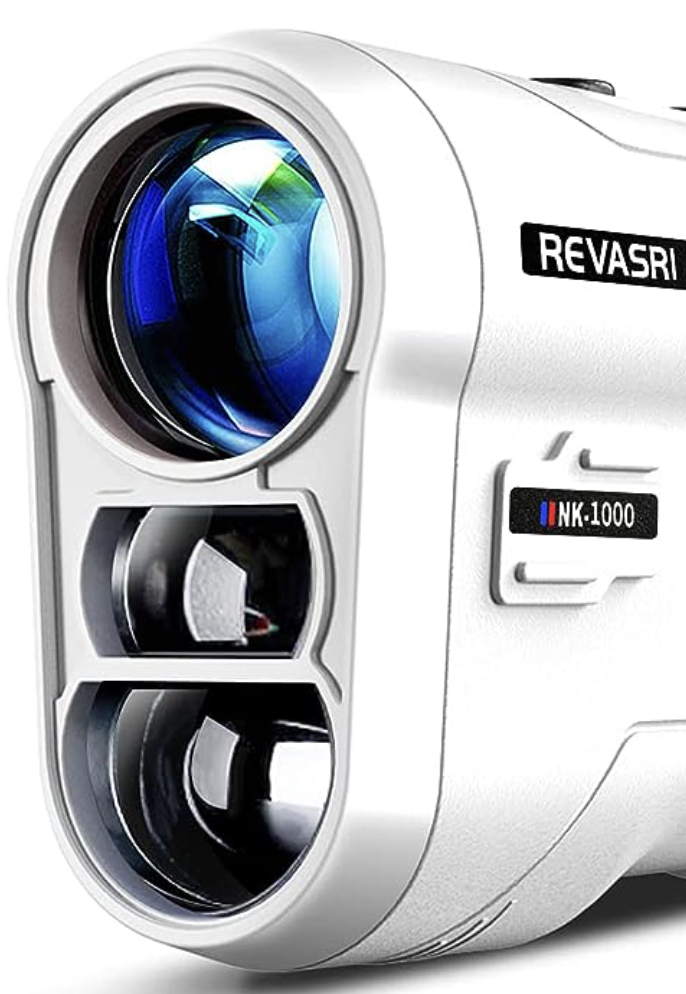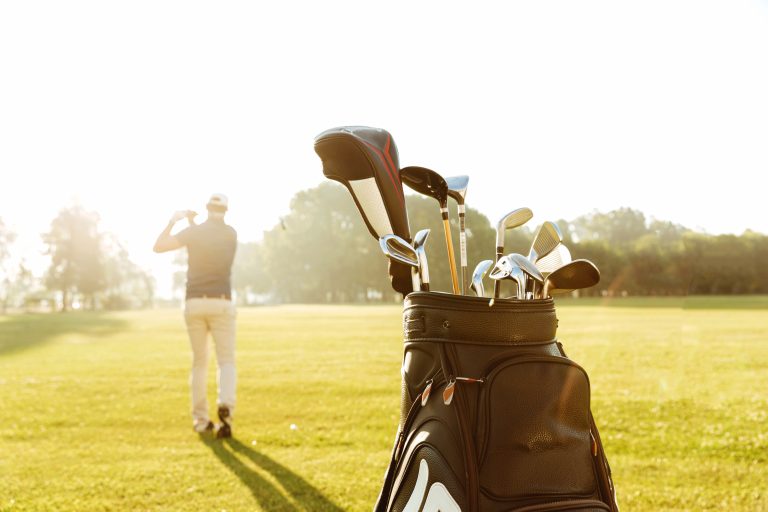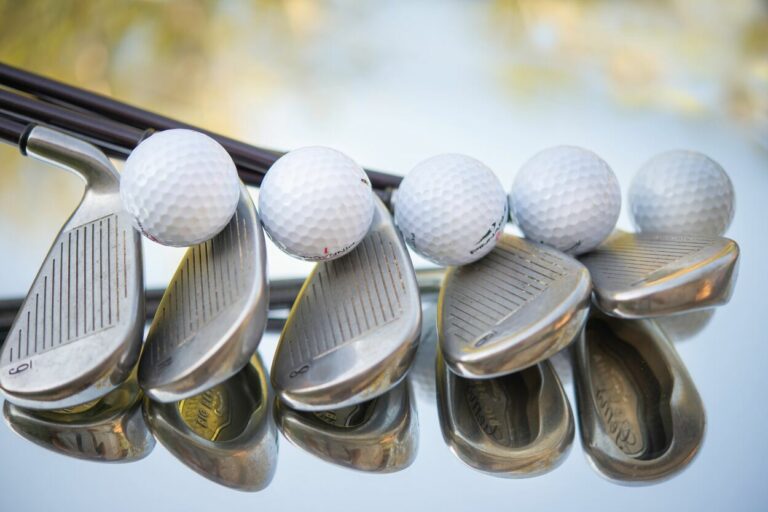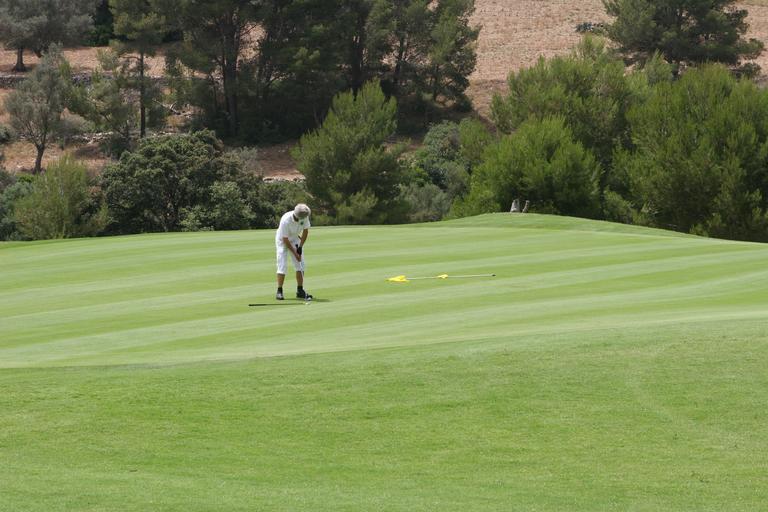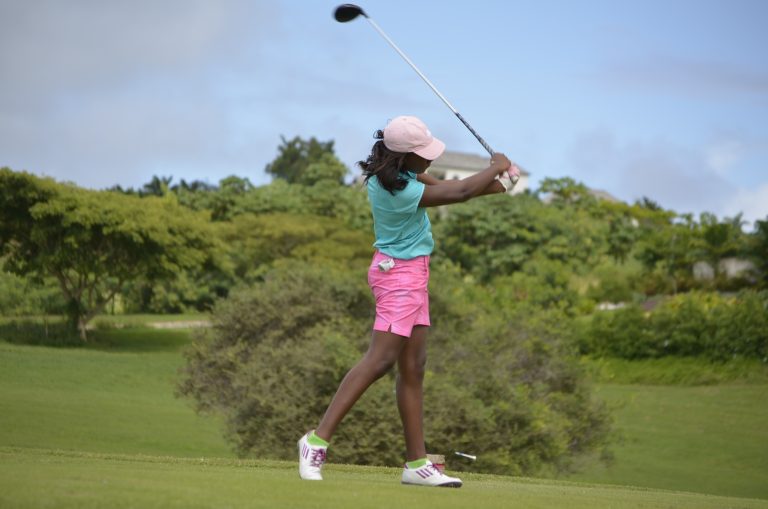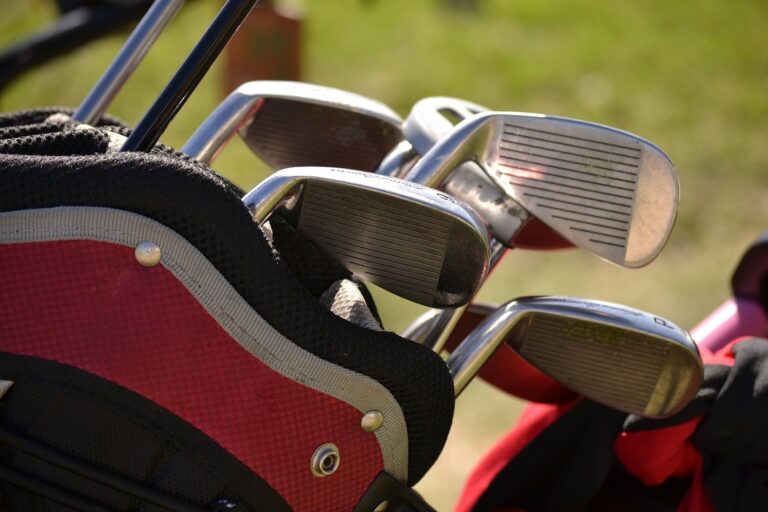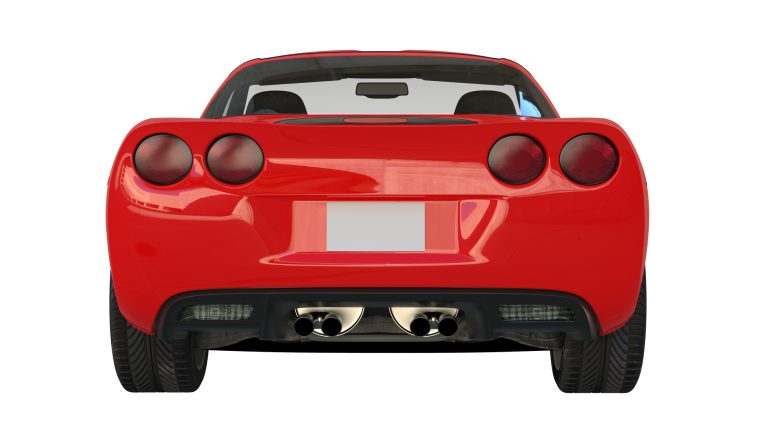Should All Golf Clubs Have the Same Grip? (Unleash)
I know how tense it can be, standing up to the box and ensuring our stance is right before hitting the ball. However, even though we go through all the steps, the ball still slices! What gives?
Could it be the grip? Now that I think about it, how much does the grip really matter? Should all golf clubs have the same grip?
Aside from the putter, experts recommend club grips should all have the same thickness. In short, this has to do with staying consistent on the course.
Yet, we should also know the details why this is. Read on, my fellow golfers, and let us dive into this mystery for some answers!
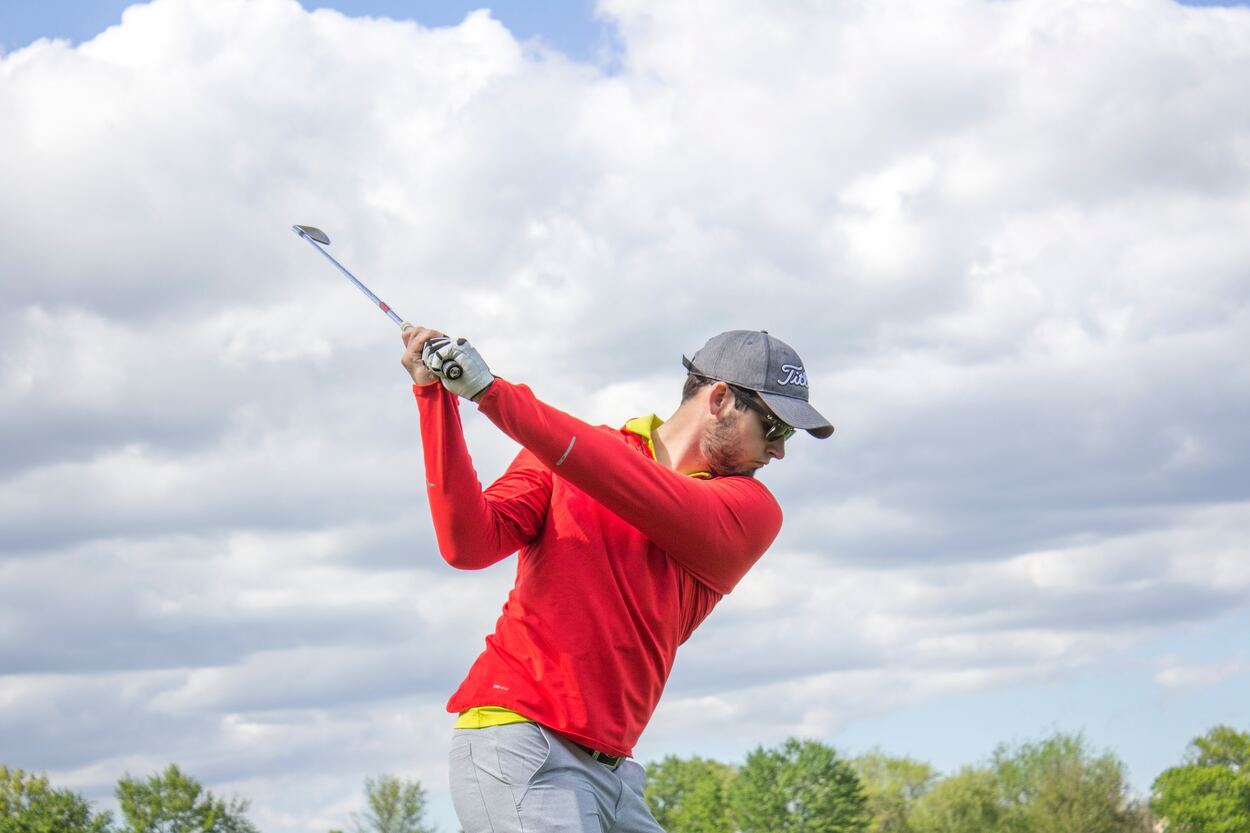
Do standard grip sizes matter in Considering Golf Clubs Have the Same Grip?
To fully understand the art of the grip, we first have to know how we grip the clubs and what happens as a result. This matters more than what grabs we use.
Ever had a golf game that seems to get worse and worse the longer it goes on? I know the feeling, and it leaves me frustrated after looking at how high my score has gotten.
Chances are that we’re gripping the club too tightly, causing our shots to veer off from wherever we want them to go.
Instead, golfing experts recommend we hold our grips like keeping a small bird trapped in our hands, just tight enough so it doesn’t escape but not so tight that we’ll squish it. The fact of the matter is our angry feelings will affect our game, so it might help to take a breather once in a while.
And by doing that, our grips can relax and reduce potential pain, ensuring a more enjoyable golfing experience.
Once we’re feeling better, we can also focus on three basic grips that all good golfers use: 10-finger grip, interlocking, and overlapping.
It doesn’t matter which one we go with, only that we stay consistent in how we grip.
The 10-finger grip is more-or-less as it’s described. Even if the pros aren’t prone to using it much, beginners can benefit by having all of their digits on the handle for maximum grip. It can also be quite comfortable!
The Interlocking method is fairly similar to the 10-finger.
The only difference is that we have to “interlock” one hand’s index finger with the opposite hand’s pinky to bring our hands closer together.
The Overlapping version, also known as the “Vardon” grip, can be useful for golfers with larger hands than most.
To do this, we must take the pinky from one hand and place it in the gap between the other hand’s middle and index fingers.
By being relaxed and gripping the club in a way we’re accustomed to, we’ll relax our forearms, allowing us to achieve higher club head speed on top of all the other awesome shots we’ll take.
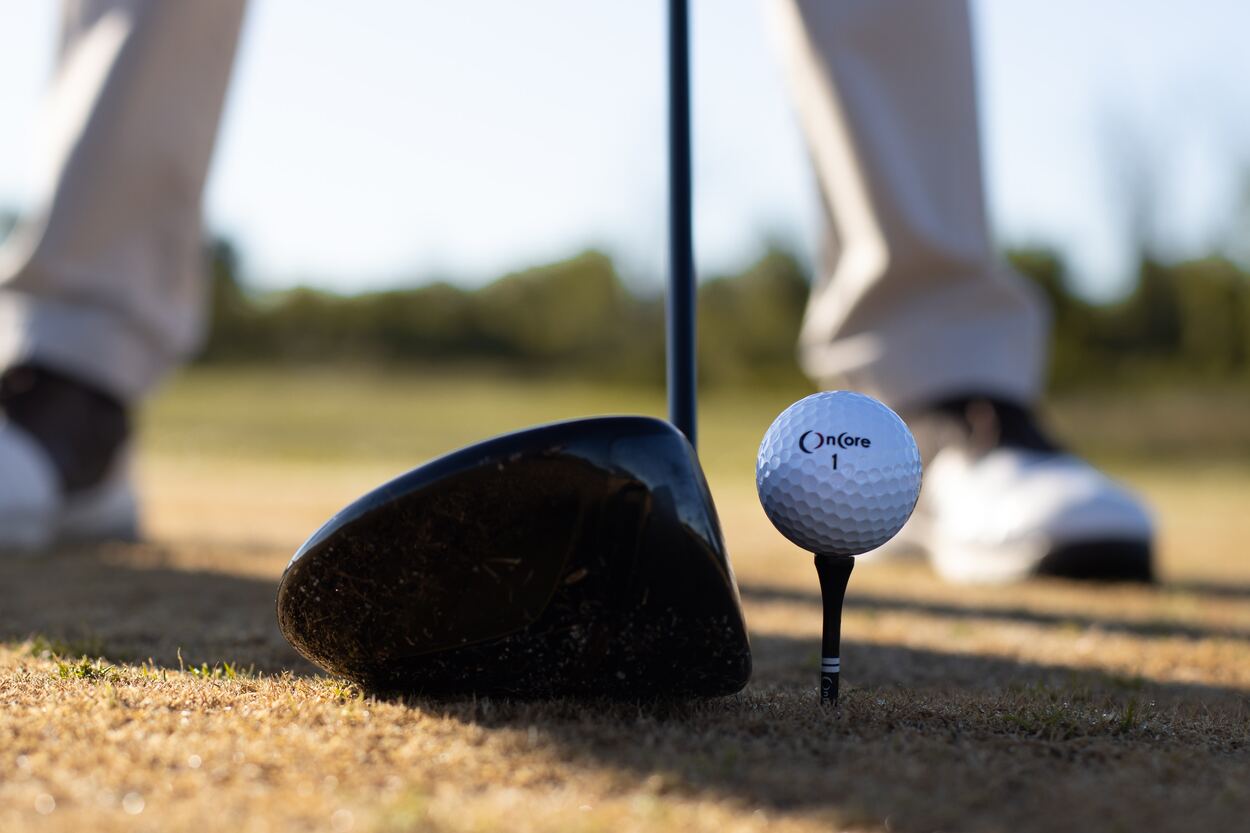
For putting, we don’t have to do anything too fancy. Just make sure that the handle is running through the centers of our hands.
We can also interlock the hands a bit if it’s more comfortable. Some common names for these include claw, cross-handed, and overlap.

of Callaway ERC Triple
Track Golf Balls for
yourself or your buddy!
Do the club grips themselves affect my play at all?
That’s a resounding yes. This can especially be the case when our grips have worn down a lot. Remember that piece of advice about loosening our grips a bit?
Worn-down club grips will make us grab our clubs tighter, making our shots worse.
As for replacements, it doesn’t matter so much which grip we select, just as long as it “feels right.” Is it uncomfortable to hold and swing?
Then move on to something else.
To get an accurate estimate how thick the grips should be, we can measure how long the creases of our wrists to the tips of our middle fingers are.
Most standard club grips will be seven to eight and three-quarter inches, the size that works for an average set of hands.
And if gripping that makes the arms feel painful over time, chances are the grips need to be around nine inches or more! Just in case, we should try multiple kinds of sizes, even the smallest ones, to see what feels good.
It’s also important to remember to practice our overall stances as well.
If our shots hook, it’s highly likely that our grips are too strong, and they need to loosen a little. And if it’s a slice? We should tighten our fingers a tad.
For the overall stance itself, a good first step is to check ball position and where it lines up with our feet.
Mostly, the ball should be more or less in the middle of our stances, with the exception that drives require the ball to be closer to whatever foot is pointing forward.
| Grips Name | Famous Feature |
| Baseball Grip or Ten-Finger Grip | Simplest golf grip Prevents you from doing a fade Good for anyone that has small hands |
| Overlapping Grip or Vardon Grip | Comfortable Limits the ball from going a distance Harder to control |
| Interlocking grip or The Grateful Golfer’s Grip | Increases your consistency Increase joint force But can result in joint pain if the grip isn’t relaxed |
What about drivers and irons? Do they need the same grips as well?
Like with almost everything in our golf bags, it matters more how we grip our clubs than which specific grips are on them. As long as a specific size is comfortable for us, we’d then focus on our technique.
For drivers, paying careful attention to our left (or right) hands can be the difference between a hook and a straight shot.
Considering it’s the longest club in our bags, we’ll have to swing differently compared to using anything else.
The same would be true for wedges as well. So a sand wedge, gap wedge, pitching wedge, or even a lob wedge having the same smaller or larger grip shouldn’t make too much of a difference.
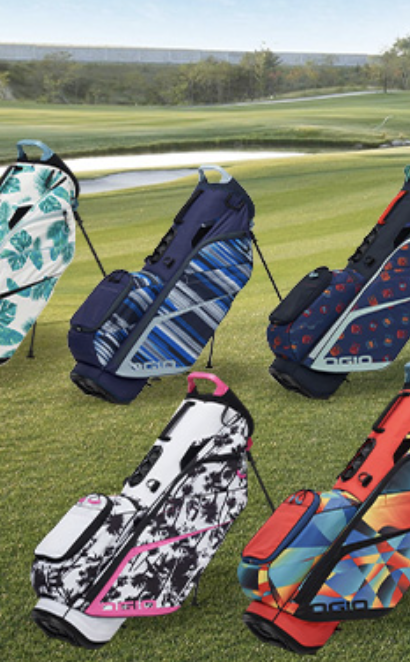
and apparel.
gear, accessories and apparel. (affiliate link)
How to find the perfect golf grip?
How to know if the clubs need to be Regripped?
Cracks should be visible moreover, when you notice that your grip is getting harder and your club looks unusually shiny. One factor that you should also notice is when your hands feel too much moisture and smoothness while stroking it.
Final Thoughts
Like many things in golf, a lot of this comes down to preference. Your type of grip will largely determine this, so it’s such a great idea to try grips in your local golf shop rather than just buying them online.
Understand what you need to know in purchasing from Amazon in this article: Should I Buy Golf Clubs On Amazon? (What to Look For)
Just make sure what you choose is a comfortable grip for you. The wrong grip can and will cause pain after a couple hundred swings and practice swings in a regular round.
